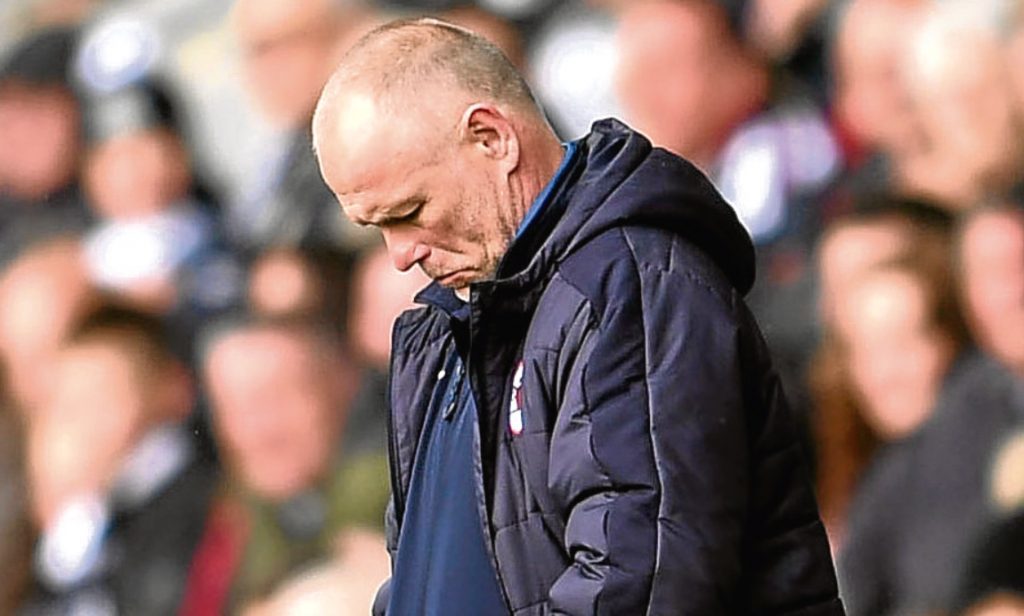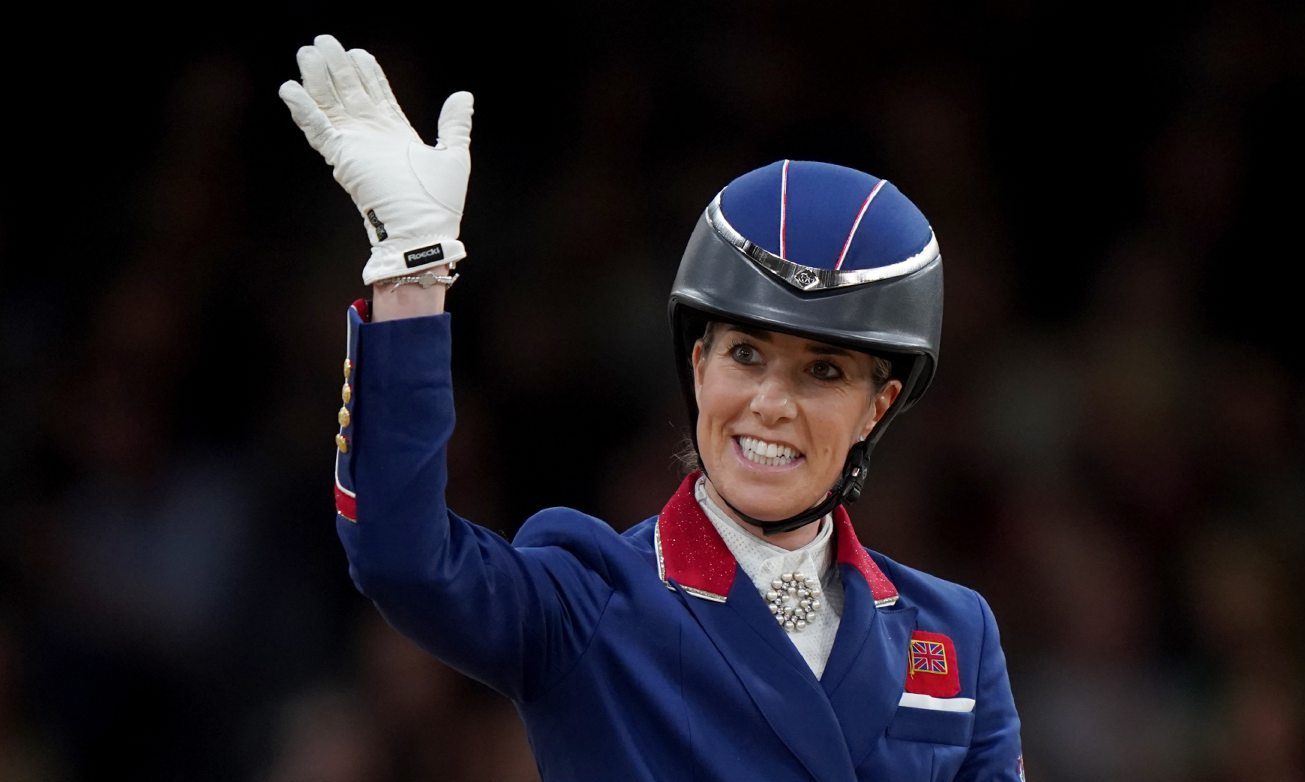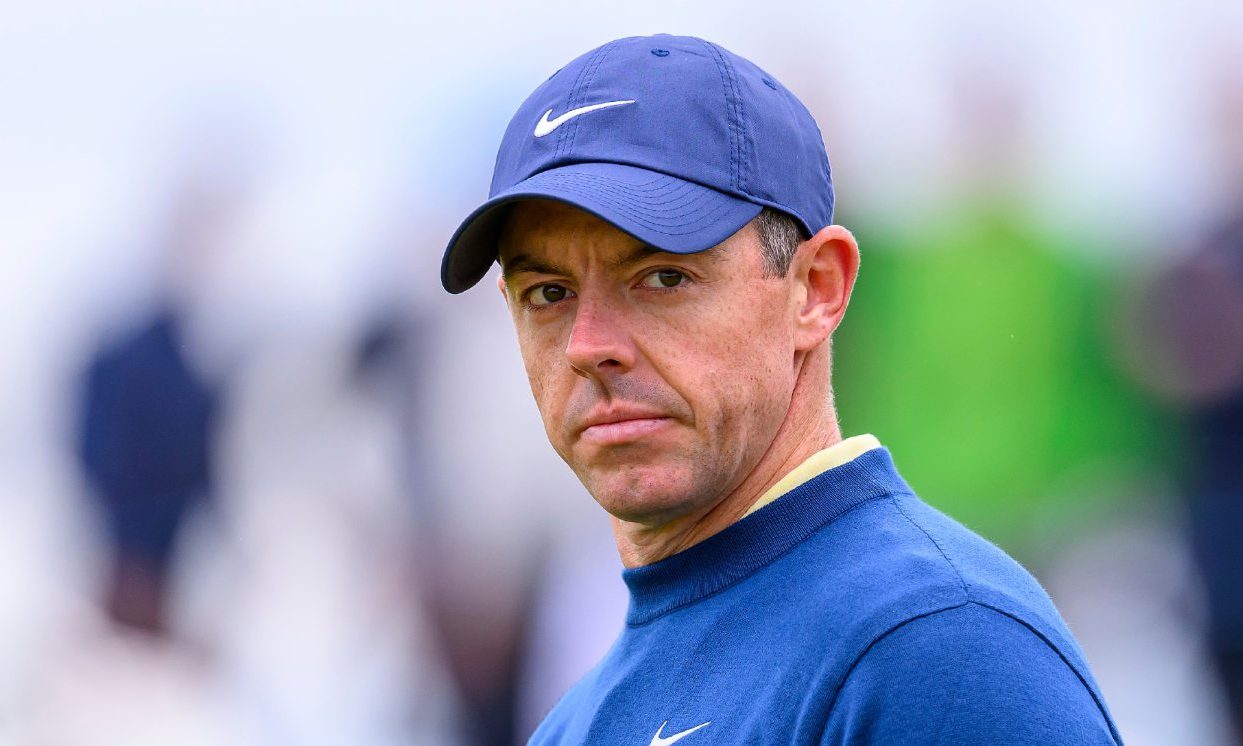John Hughes yelled Boo Boo at his under-performing Raith Rovers players in a very loud voice last weekend, but will ‘Yogi’s’ verbal blast fall on deaf ears or galvanise his team?
The Fifers are fighting for their Championship lives and relegation would be a bitter blow to their finances and pride.
Hughes was a no-nonsense competitor as a player but his drive and desire came from his tough upbringing in Leith. Not every player is shaped by the same experiences and neither is their hunger for success as voracious.
The psychology of an athlete’s mind can be a jungle, where seeds of self doubt run riot and confidence is strangled by weeds of worry.
For some players a public tongue lashing from the manager may well clear that tangled mess, but others may hide deeper in the undergrowth when on the pitch.
The world that managers like Yogi grew up in has changed dramatically and what was normal to his generation and mine and perhaps yours, is now seen in a much harsher light by a generation who often find such motivational tactics alien, destructive and counter productive.
Most sports people use sports psychology with properly qualified practitioners as an integral part of their coaching methodology and preparation.
Football in Scotland has dabbled but more often than not with motivational speakers and mind coaches wheeled in to give a half hour ‘pep talk’ the Friday before a match, as opposed to a properly structured long term approach to the mind in the way that the physical training of the body is treated.
The mind in sport is as important a tool as the physical muscle which propels the body. Both must operate in tandem and if one is out of sync with the other the result will be poorer performance.
Excoriation of a player’s lack of skills or desire may well work if the message which accompanies it also incorporates hope and belief that answers to improve those deficits are available to remedy the situation. Players need to be given hope that things can improve. Without that they will shrink further.
Simply tearing reputations to shreds in a public forum is a tactic understandably borne of frustration but also bearing the seeds of potential destruction.
Players with lengthier contracts tucked in their pockets may switch off completely. Those who are leaving the club in a few weeks time are liable to zone out too.
Management is a finely tuned balancing act when dealing with the cocktail of fragile egos and minds which make up a dressing room. It’s a high wire act and one slip can see the manager lose balance and fall off.
* I’m sorry to hear that Derek Rae an old colleague is quitting Scottish football commentary to return to the USA.
The best folk behind the microphone, paint pictures and capture light and shade in a football match with their descriptive powers and observations.
They also tell the listener and viewer things they didn’t previously know and explain things in simple terms.
Derek did all of those expertly and he’ll be a big loss to Scottish football coverage.





